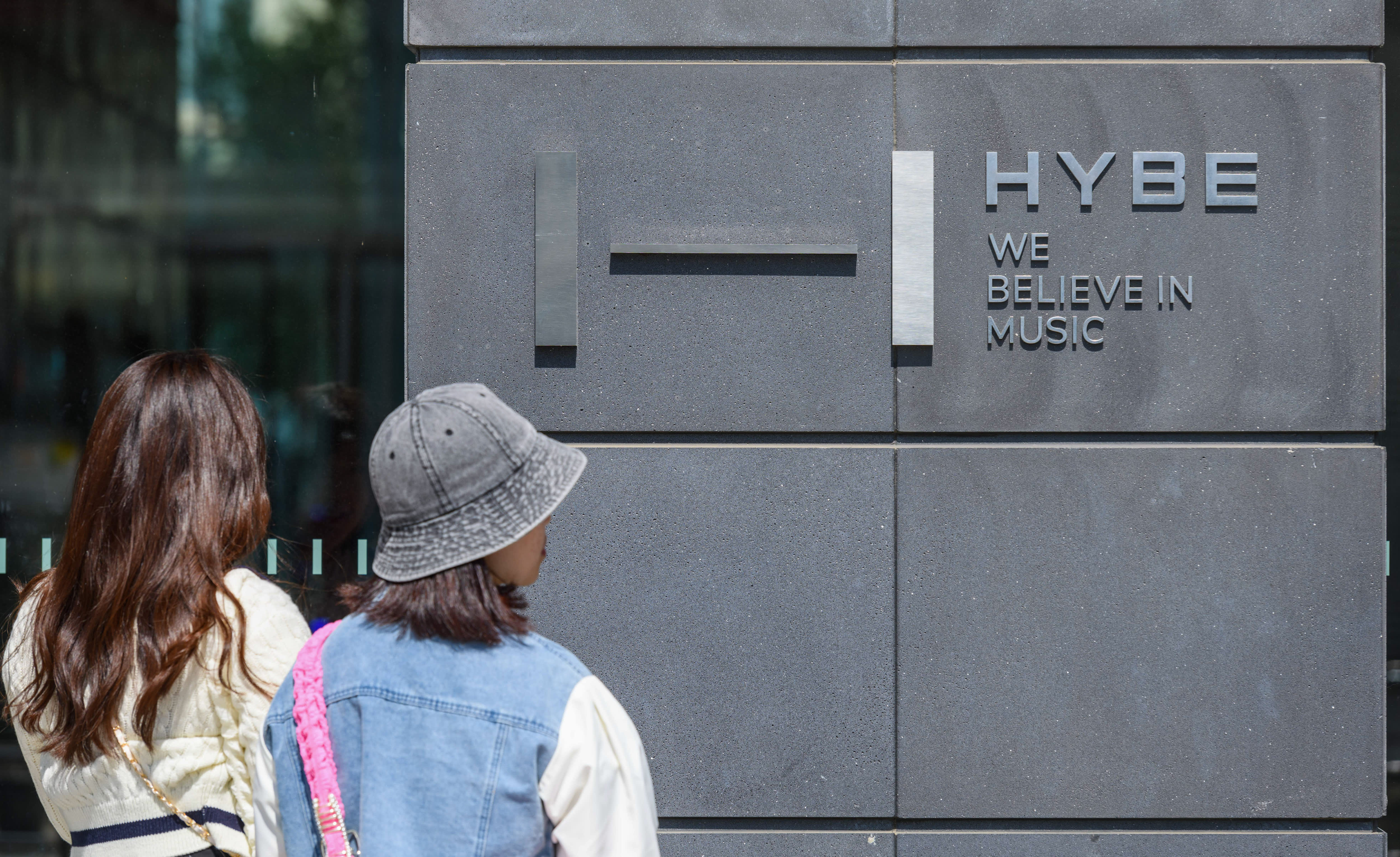
South Korea’s largest K-pop agency Hybe has established its first office in China — amid signs that Beijing is lifting its unofficial ban on K-pop shows.
The agency behind global sensation BTS has been preparing to establish itself in China since last year, a Hybe official said recently.
Hybe’s China office — launched on April 2 and announced on Thursday — is its fourth overseas branch. But while the agency has launched local groups such as &Team in Japan and Katseye in the United States, it has no plans to debut rookie teams in China, according to South Korean state media KBS.
There have been indications that Beijing might be softening its stance on K-pop in the face of weak domestic consumption and stalled trade talks with China. And in another sign of thawing relations, China announced its decision to waive visas for South Koreans last November. South Korea followed suit in March 2025 with its plans to offer a visa exemption to Chinese visitors in the third quarter.
Even more recently and on the K-pop front, Hybe announced plans to sell its entire stake in SM Entertainment to China’s Tencent Music. The move is a testament to a strengthening relationship between Tencent and major K-pop companies, Junhyun Kim, a Korea internet gaming and entertainment research analyst at HSBC, said in a recent note.
If K-pop becomes more widely recognized in China, Kim said, he expects there will be increased use of fan platforms like Hybe’s Weverse and Dear U Bubble, which are messaging platforms between fans and artists.
But the path to a K-pop comeback in China won’t necessarily be smooth.
K-pop group Epex canceled a concert in Fuzhou that was scheduled for May 31, citing “issues in the local region.” The performance would have been the first concert by an all-Korean idol group in mainland China since 2016.
Hybe’s shares fell 1.47% in Friday trading hours.
With other industries under pressure from tariffs, a U-turn from China on its unofficial K-pop ban could inject fresh momentum into South Korea’s entertainment industry.
“In contrast with semiconductors or autos, where global trade policy directly impacts supply chains and pricing, K-pop consumption is far less sensitive to protectionist measures,” Shinhan Securities said in a note in April.
“Core revenue drivers—streaming, concerts, and fan content—are digital and intangible, making them immune to cross-border tariffs,” CGS said, adding that even if fans buy albums and merchandise, tariff exposure is “negligible,” given low unit prices and loyal fan demand.
— CNBC’s Lim Hui Jie contributed to this report.
Source: CNBC
